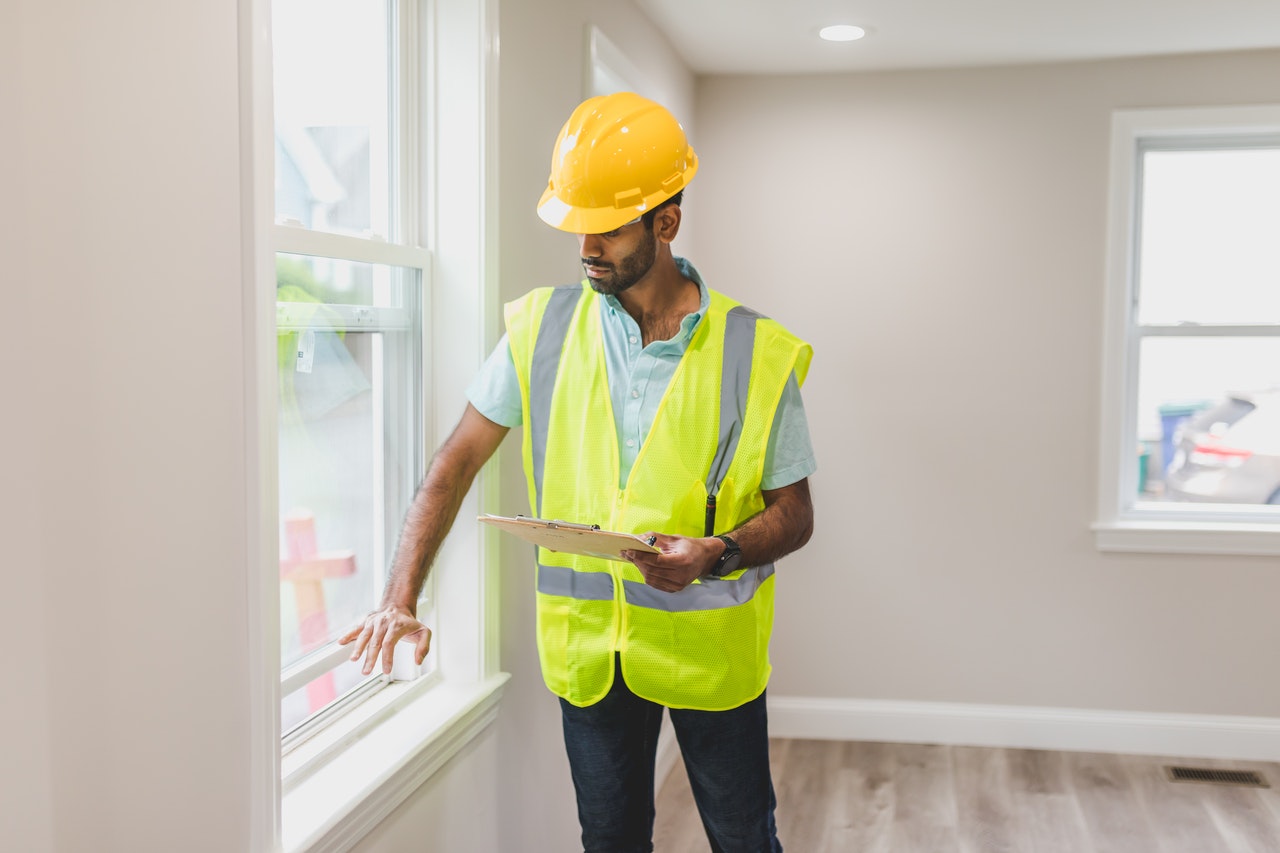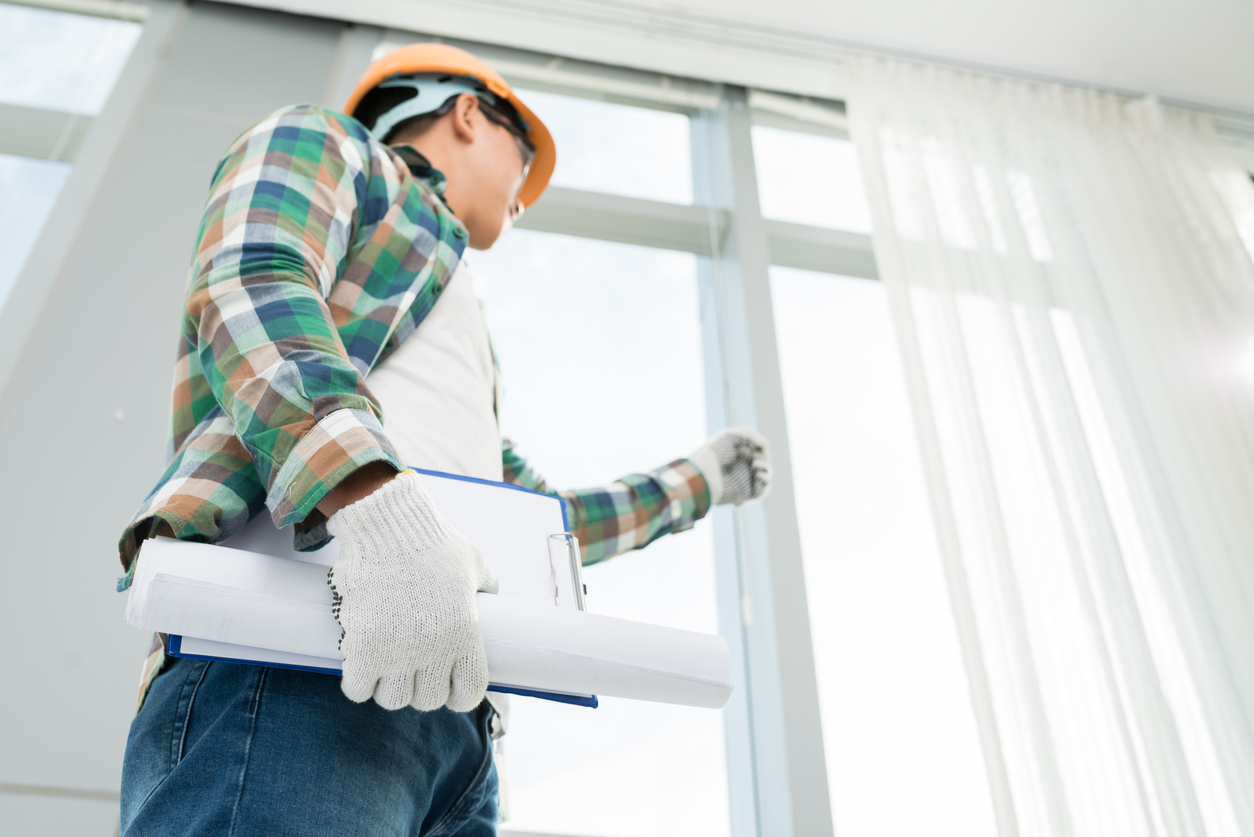Choosing home professionals is an important decision that should give you confidence in your potential home purchase, renovation, or build and not leave you feeling like you’ve wasted money or risked your home value. With some planning and key tips, choosing the right pros will be easy and straightforward.
There are many types of home professionals who can help with various aspects of homeownership. Here are some examples:
- Real Estate Agents
- Home Inspectors
- Contractors
- Architects
- Interior Designers
- Landscapers
- Plumbers
- Electricians
- HVAC Technicians
- Pest Control Specialists
These are just a few examples of the many types of home professionals available to homeowners. Depending on your needs, there may be other professionals who can help you maintain, repair, or improve your home.
Table of contents
- Why does picking the right home professional matter?
- What will a good fit look like?
- Key things to look for and ask about
- How to spot a bad apple
- Extra tips to safeguard yourself
Why does picking the right home professional matter?
Picking the right home professional is important because it can impact the safety, value, and functionality of your home. Whether you’re hiring a contractor, electrician, plumber, or another type of pro, you want someone who is knowledgeable, experienced, and trustworthy. With the job market evolving and adapting, there is a surge in the number of professionals you can choose from, which makes it even more difficult to hire the right person. Hiring the wrong person could result in shoddy workmanship, unsafe conditions, or even legal issues.
Unsafe conditions. An unqualified or bad worker can cause a variety of unsafe conditions for you and your home, including electrical hazards, structural issues, plumbing problems, poor air quality, fire hazards, and security risks.
Legal issues. A bad home pro can cause issues for you or your home that can even impact third parties. For example, the pro may breach their contract, do negligent work that results in property damage, misrepresent their qualifications, commit fraud, violate building codes, or fail to obtain the permits necessary to do the work on your house.
Overall, work that is low quality, unsafe, or not legitimately done can result in issues with your homeowner’s insurance policy. Work done by unqualified people may not be covered by your policy. Poorly done work may lead to damage to your home, resulting in a claim that could potentially raise your premiums.
What will a good fit look like?

Finding the right home professionals is a great way to reassure yourself that your build, renovation, or purchase is a sound investment in your future. However, not all electricians, plumbers, or kitchen renovation specialists will be a good fit for you, which could be for a few reasons. Read on for a list of things to ask home professionals you’re considering hiring.
Key things to look for and ask about
- Experience – How many projects have they done overall, and how many on similar properties to yours? If you ask a plumber just for a number, they might say something like 100, for example. If you don’t dig in, you might find out that 90 of those 100 projects have been in condo buildings, not detached homes. This is great if you need a condo plumbed, but not so much if you want to hire a plumber to work on the exterior walls of a detached home.
- Licensing – Check to make sure your potential home professionals have a license with the proper authorities in your jurisdiction. You don’t need to have all Red Seal trades working on your site, but they must follow some likely rules and guidelines to pass inspections, obtain permits, etc.
- Reviews – Hearing from previous clients about their experience with a tradesperson is invaluable information. This is one step in hiring anyone that is often overlooked, only to be followed with a facepalm moment once complications arise and you end up finding slews of bad reviews from people having precisely the same troubles you are. Save yourself the hassle and do your digging before you hire! Often you can find reviews online, but if a Google search doesn’t turn anything up, or there are only a couple of reviews, feel free to ask for references that you can contact directly.
- Insurance – Home professionals should carry business insurance to cover themselves in case of injury while working and in case there is any damage to the property they’re inspecting during their work.
- Personality – This is someone that you need to trust to do right by you. Chances are, you’re hiring this person because you’re not an expert in all of the areas that they are, so you’ll have to trust their thoroughness and diligence. If your gut feeling is off about them, or you just don’t jive, chances are you’re right, and you can save yourself a frustrating and potentially money-wasting experience by walking away.
How to spot a bad apple

It’s always important to do your due diligence when hiring a home professional. While tons of honest and qualified professionals will do their best for you, there will inevitably be some individuals who will not be a good fit. That’s okay! Sometimes talking with a couple of people who definitely aren’t the right inspectors for you will help you know when you find the right person.
Remember that this is your money and your potential home — you absolutely do not have to go with the first person you talk to, and you are very much entitled to shop around for the right fit. Be confident when you ask your questions, and let the inspector know you will speak to other individuals or companies. If they object to that, there’s your first red flag right there!
Here are some key things to look for that are likely to be red flags:
- They are being evasive with the answers to your questions. If they can’t tell you how many kitchen renovations they’ve done, for example, how many in your area or how many are similar to your property type, that’s a red flag. This isn’t to say that they’ll know offhand the exact number, but if you get answers like “Oh, a bunch.” or “You don’t have to worry, I’ve done plenty of work like this.”, that person likely isn’t giving you a straight answer because they don’t think you’ll like what it is.
- They are refusing to provide proof of their license(s).
- They are ignoring requests for references. Good references should be something they have ready and are happy to provide you. After all, why wouldn’t they want to connect you with someone that will tell you how glad they were with their experience? If your potential plumber or electrician seems off-put by your request or ignores it altogether, that’s a red flag that they don’t want you to be poking around in their business history, probably for good reason. You don’t want to pass over the references just to find out that there’s a lineup of unhappy clients who had to replace water heaters or upgrade electrical after their purchase because their inspector missed things.
- Telling you that it’s tough to find their trade in your area and making you feel like you can’t press for things like references, license numbers, etc. This is a tactic used by people that are essentially trying to bully you into overlooking red flags. If instead of providing you the info you’re requesting, they try to tell you they’re too busy and important to take the time to give it to you, but you should book with them anyways — run.
If a home professional is so busy that emailing you a license number or proof of insurance is too much, they likely just won’t reply. Trying to pressure you into booking with them with the argument of “You’d be lucky to get anyone at all around here.” is a sure sign that there’s shady business afoot.
Extra tips to safeguard yourself

The steps outlined above should get you down the right path to finding a great home inspector who provides you value. It never hurts to be a bit extra cautious, though, so here are a few additional steps you can take to make sure you’re not being taken advantage of.
- Check payment options. A reputable home professional will have multiple online payment options available to you and ideally use accounting software like Quickbooks. Cash only is likely a sign that that income isn’t being reported.
- Don’t pay more than 10% of the total before the job starts. A deposit is typical to assure the tradesperson that they won’t show up to canceled appointments and have wasted their time, etc., but more than 10% is too much.
- Always get estimates before any job starts or before you hire someone. If a contractor can’t provide you with rates up front, walk away!
- Interview at least five different general contractors. It’s so important to find the right person, it might be a hassle upfront, but you’ll regret not doing it if you end up rushing the process and having an inspector that neglects to check your main sewage line, and you end up having to dig up half your basement.
- Make a contract. Always sign something ahead of time that, ideally, includes a quote and agreement on how to proceed if the job exceeds your quota.
Now that you’re empowered with a checklist of what to ask a home professional that ensures all of the main elements of a property are up to code (or if they aren’t, you know that up front), get out there and start interviewing!




